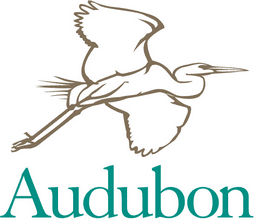
Although beachside fireworks shows are entertaining to people, the bursts of color and noise directly overhead can wreak havoc on coastal birds—especially for nesting species. After each fireworks explosion, birds may panic and fly from their nests, scattering the chicks and exposing them to predators and heat until their parents return. For this reason, it is better to attend a municipal firework show versus deploying store-bought fireworks on the beach.
Over the July Fourth weekend, Audubon Florida’s bird stewards will be out in full force at locations across the state, especially at barrier islands where boaters, anglers, and beach-nesting birds co-mingle. State or local law enforcement officers often pitch in to ensure coastal visitors learn about the rules of the beach as well as the birds.
In addition to many natural threats, human-related disturbances can cause adult birds to abandon their nests or chicks, which can ultimately lead to chicks starving, getting eaten by a predator, or overheating in the sun. By the Fourth of July weekend, many birds are re-nesting for their final opportunity to successfully raise young this season.
It’s not just birds – fireworks can disturb pets and increase trash on our beaches. Trash left behind from private fireworks becomes marine debris and is ingested by fish, sea turtles, and marine mammals. Together we can all Share the Shore!

